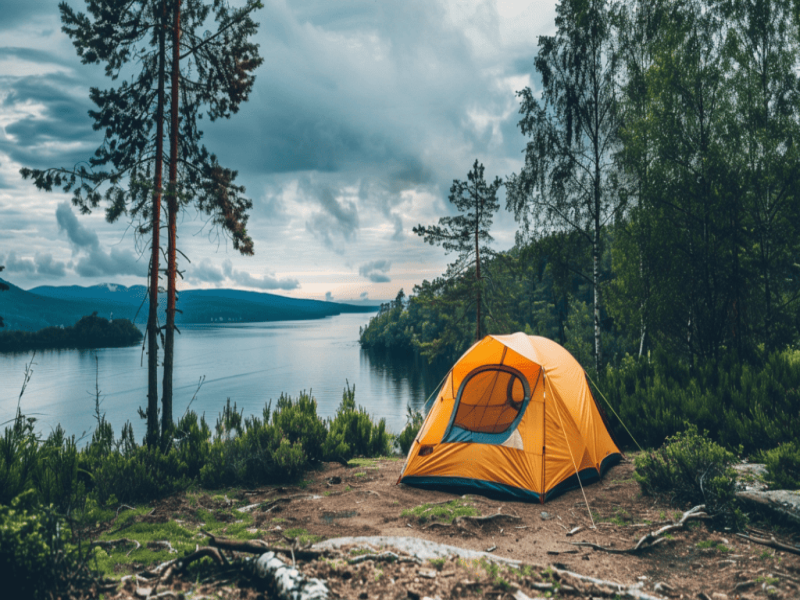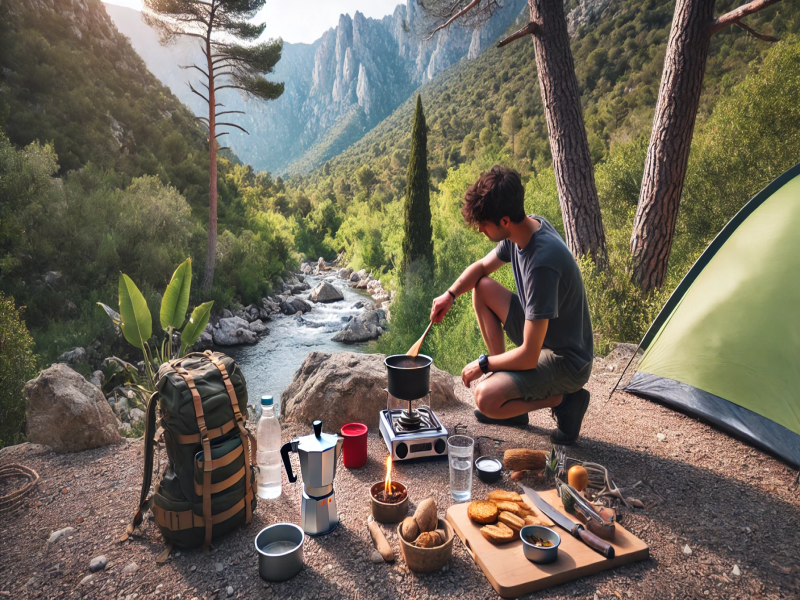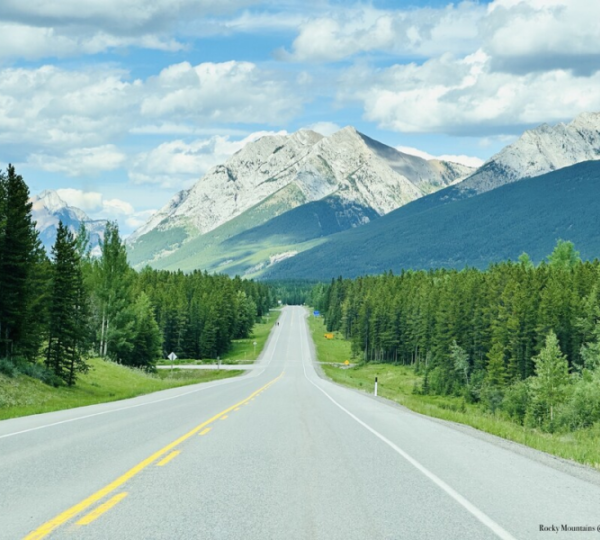Introduction
Extreme camping popular with the modern generation is defined simply as the removal of all non-essentials in a camping trip. To cut down luggage and thus, the environment, you are able for the first time truly merge with the wild untouched natural world and listen to nothing but the silence of the woods. On this blog post, we are going to briefly discuss minimalist camping where you will get to know some of the best gear to use, skills that you should learn, and how be smart in your choices in order to be more careful to the environment. – Minimalist Camping

What is Minimalist Camping?
Chronic over-packing is not just forgivable, it’s understandable, as this reductionist approach to camping is much more than a fad, it’s an ideology. If I were to explain what it is in one sentence then I would say that to me minimalism is simply – it is minimal. Light packing helps to minimized the impair physical and environmental impact that comes with traveling. Minimalist camping offers a number of benefits, including:
- Reduced environmental impact: When traveling light, you leave no carbon trail behind as well as you produce little or no waste.
- Increased physical and mental health benefits: The effort applied during carrying a lighter pack will increase fitness levels while being in the wilderness erases stress and anxiety levels.
- Enhanced connection with nature: When you are not burdened with the weight of the big equipment, you can take your time and enjoy the scenery around you and enjoy the outdoors that God has provided us.
The Significance of the Environmental Conservation of Camping
Normal camping is quite adverse to the natural environment through polluting the environment, excessively littering or even eroding the natural terrain. Indeed, it is necessary to reduce negative effects in these areas and make optimal use of valuable natural territories in the future.
The principles of Leave No Trace or LNT are a list of seven guidelines to reduce adverse human impact on the environment. These principles include:
- Plan Ahead and Prepare:
- Choose appropriate activities.
- Prepare for extreme weather.
- Pack the essentials.
- Travel and Camp on Durable Surfaces:
- Camp and travel on durable surfaces.
- Avoid walking on fragile vegetation.
- Dispose of Waste Properly:
- Pack out all trash.
- Bury human waste.
- Pack out toilet paper and hygiene products.
- Leave What You Find:
- Preserve the past.
- Leave rocks, plants, and other natural objects as you find them.
- Minimize Campfire Impacts:
- Campfires can scar the earth and release smoke.
- Use established fire rings, fire pans, or stoves.
- Extinguish campfires completely.
- Respect Wildlife:
- Observe wildlife from a distance.
- Never feed animals.
- Store food properly to avoid attracting animals.
- Be Considerate of Other Visitors:
- Let nature’s sounds prevail.
- Be courteous to other visitors.
Minimalist camping aligns perfectly with these principles. By packing light and choosing eco-friendly gear, you can minimize your impact on the environment and ensure that future generations can enjoy the beauty of the outdoors.
Choosing the Right Gear
In minimalist camping, every piece of kit should be carefully chosen. You need equipment that is light in weight, long-lasting, and made from environmentally sustainable material. Here are some essential gear items to consider:
Shelter
- Ultralight Backpacking Tents: These tents are as light as possible if possible, while at the same time as durable as is possible. In choosing tents, it is important that they have very little pack weight and possess a heavy-duty waterproof and a breathability of its rainfly.
- Hammocks and Tarp Shelters: These options of shelters are usually appealing to those would want to cut out pack weight as much as possible. Hammocks can be hung between trees or places on the ground, whereas tarp shelters can be set in many different ways besides vertical, in order to be protected from the rain and wind.
Sleeping Gear
- Ultralight Sleeping Bags and Quilts: Bring lightweight sleeping bag or quilt and that can save a lot of weight as well as space inside your back. Later choosing the fillings, try to find synthetic or down fills that are warm but do not take a lot of space.
- Compact Sleeping Pads: A good sleeping pad gives comfort and also provide isolation from the cold surface of the ground. Think about an inflatable orthopedic cushion or a foam pad that does not take much space and weight.
- Inflatable Pillows: A tiny travel pillow, which you can inflate, will be very useful when it comes to supporting the head and neck.
Cooking Gear
- Lightweight Stoves and Fuel: A non-liquid fuel stove along with a fuel canister can be adopted for cooking foods in the backcountry. When it comes to stoves make sure to look for ones that are efficient and easy to operate.
- Compact Cookware: All one requires to prepare meals is a small pot and a light pan to prepare the meals. In trying to minimize the space occupied by your cookware, look for ones that you can easily nest for storage.
- Minimalist Eating Utensils: Cutlery includes a utensil that can be used as both spoon and fork and a lightweight cup for taking meals and drinking water.
Clothing and Footwear
- Breathable, Moisture-Wicking Fabrics: Mu., synthetic fabrics are made of underwear materials which will help the body regulate temperature because they are breathable moisture wicking material.
- Layering System: A layering system enables a person to provide a response to the variance in the weather condition. Begin with a layer to draw sweat away from your skin and then layer up with a second garment to keep you warm and finish with a waterproof and/or wind resistant outer garment.
- Sturdy, Comfortable Footwear: Proper shoes are important for comfortable boots and shoes when hiking or camping. When choosing the appropriate type of footwear look for the boots or trail running shoes that offer support, grip, and shield.
Camping can take on a minimalist form from the start, and by picking your equipment wisely, such fast-paced contraption does not have to sacrifice comfort either.

Eco-Friendly Gear Choices
However, in selecting any gear for minimalist camping, one should be aware of the ecological implication. Here are some tips for selecting eco-friendly gear:
- Sustainable Materials: Especially search for products, which are not produced from new resources, but from recycled polyester, organic cotton and even bamboo. These materials are relatively more sustainable than regular synthetic materials.
- Fair Trade and Ethical Brands: Buying goods that are the result of fair labor practices and / or are sourced fairly.
- Durable, Repairable Gear: Use your own money to purchase better quality equipment’s which will certainly last longer. It means, you will have to replace the items less often when you opt for the same that is a bit more rugged.
- Minimizing Plastic Packaging: It is advisable to look for gear that is packed with limited accessories. Try to buy products containing some recycled material or packed in biodegradable material.
Packing Tips for Minimalist Camping
It therefore boils down to how creatively compact items can be packed with regard to the minimalist camping approach. Here are some tips to help you pack light:
- The Importance of a Well-Organized Pack: Packaging is important because careful planning of your load can significantly improve comfort and efficiency. You similarly need packing cubes or compression sacks for your own gear and equipment packing.
- Weight Distribution Techniques: As most traveling hikers know, weight distribution is crucial for most of the activities involving backpacking. Check your pack balance and proper center of gravity weight bearing on your shoulders and hips.
- Packing List Essentials: There is no problem with having additional clothes because a carefully planned packing list should prevent including too many things in the luggage. In your case regarding specific circumstances of the trip, do not take unnecessary things.
Minimalist Camping Skills and Techniques
Thus, to get the most of your minimalist approach when camping, you need to hone basic camping skills. Here are a few key skills to master:
Essential Camping Skills
- Campsite Selection and Setup: Select campsite which is flat, draining well and located at a certain distance from water sources. When you are done with your initial staging; erecting your tent or tarp shelter, make sure it is well and firmly staked down.
- Fire Safety and Campfire Etiquette: If you are thinking of having a camp fire then please follow the fire precautionary measure do to the restrictions in place concerning fire. Do not leave the campsite with an unattended campfire burning, make sure you put off the fire well.
- Water Purification and Treatment: Some of the water that is available backcountry may be unsafe for consumption. Use filter with water or use water purification tablets so that you can be able to purify water for drinking.
- Navigation and Map Reading: Become familiar with map and compass basics in order to find your way around the outdoors.
- Wilderness First Aid: Willingly attend a wilderness first aid course so that you get to know how to handle most of these cases that occur in the wilderness.
Minimalist Cooking Techniques
- Dehydrated Meals and Backpacking Food: Backpacking meals should be dehydrated since they are lightweight and easy to carry in backpacks. Other items that might be taken include other lighter foods that do not require refrigeration; in particular, the nuts, seeds and energy bars.
- Cooking Over a Campfire or Stove: Discover how one can prepare easy meals that does not require so much preparation while in the campsite or even taking a meal prepared by a portable stove.
- Food Storage and Waste Reduction: This will help prevent feeding wildlife and in turn help prevent them from learning that your home is a good feeding ground. Take out all food wastes and try to avoid the production of any other kind of waste as much as possible.
It means you can have a much more comfortable and fulfilling minimalist camping by being armed with these skills.
Eco-Friendly Camping Practices
However, going green is crucial when camping because it has several benefits to the environment, therefore, here are some tips for green camping. Here are a few tips to help you leave no trace:
- Proper Waste Disposal and Campsite Etiquette: Take out all litter including food waste, and all containers from the table. If there are tid bits of food and leftovers, Throw it in the right bins or carry all waste products back home.
- Water Conservation Techniques: Reduce usage of water in shower by only using biodegradable soap, and avoid showering for too long.
- Fire Safety and Prevention: There are well established fire rings or fire pans available for the use to build up their fire. Never go away from the campfire without putting it out. Make sure that your camp fire is out before leaving the camp area.
- Respecting Wildlife and Natural Habitats: Do not approach animals and stay away from them so that the animals can not be harmed. Do not cross vegetation areas and platforms and do not step on plant species.
The Rewards of Minimalist Camping
The key advantages of minimalist camping that work for the physical and mental level of an individual are numerous. The aim of this article is to explain how to achieve this and in the process, get a more rewarding and sustainable out! door experience.
• Enhanced Connection with Nature: If no burden of carrying heavy load is on your back, then you are free to look at nature’s best and enjoy the barest of life out in the open.
• Reduced Stress and Improved Mental Health: It has been found that physical presence in nature can be helpful, in reducing stress and enhancing mental health . It means that through minimalist camping you can free yourself from constant stress and occupation and be with yourself for some time.
• Physical Fitness Benefits: Lightening the load can help prevent aching muscles, and therefore, make hiking and camping more fun.
• Positive Environmental Impact: You’ll aid in preserving other parts of the environment for use by the other generations that come after you.
Hiking light means getting back to the core of camping and enjoying nature without polluting it in the process. Therefore, similarly, let’s pack lightly, be a responsible tourist, and get ready to embrace travel!!

Conclusion: Embrace the Joy of Minimalist Camping
Camping lite is more than just a buzzword—it’s a way of LEISA to spend time in the wild with as low a carbon footprint as possible. It makes sense to use environmentally friendly and lightweight equipment because you will reduce your load and help to preserve stunning nature for other tourists in the future.
In particular, developing a plan to use those equipment without unnecessary, and being able to pack only the bare minimums for the camping are the critical success factors for the minimalist camping. From versatile knives to biodegradable fabrics, even the gear you use can be more environmentally friendly out there. Therefore, do not complicate things, reduce it to the barest minimum, and that is what makes minimal camping to be so much enjoyable. Happy trails!
References
- Leave No Trace Center for Outdoor Ethics
https://lnt.org
A comprehensive resource on principles for responsible outdoor activities to minimize environmental impact. - REI Co-op: Lightweight Camping Gear Guide
https://www.rei.com
An excellent guide to finding lightweight, durable, and eco-conscious camping gear. - National Park Service: Sustainable Camping Tips
https://www.nps.gov
Offers eco-friendly camping tips and guidelines for enjoying public lands responsibly. - Backpacking Light
https://backpackinglight.com
A dedicated platform for ultralight backpacking, featuring gear reviews, techniques, and minimalist philosophies. - EcoCamp Patagonia: Sustainable Camping Practices
https://www.ecocamp.travel
Learn about sustainable camping and eco-tourism practices from one of the world’s most eco-friendly camping destinations.




